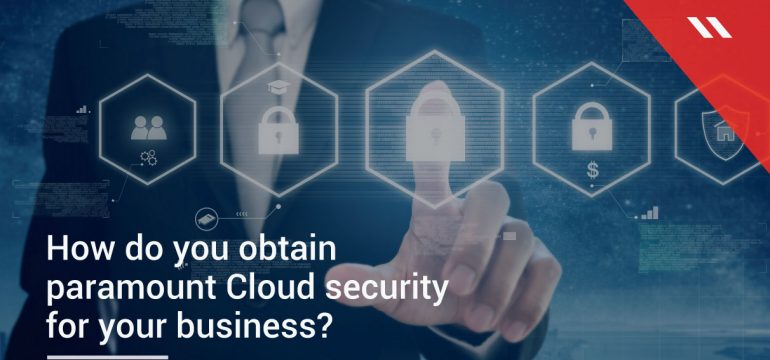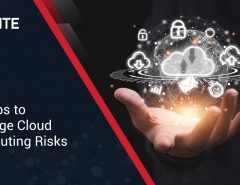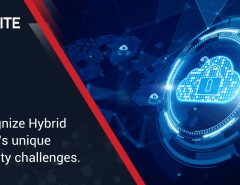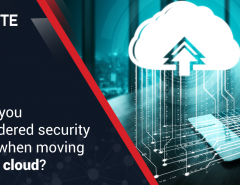American market research giant Forrester estimated in 2017 that the value of the public cloud market would reach at least $191 billion by 2020. This surge in the valuation is driven by the growing acceptance of cloud computing by enterprises in this decade.
Organizations are increasingly embracing doing business on the cloud for the various advantages it offers. They are attracted by the fact that cloud computing offers a way to reduce costs in their information technology department by eliminating physical infrastructure and leveraging the cloud solution provider’s resources.
Cloud computing offers many benefits
By hosting the business on the cloud, enterprises can be leaner and more flexible, with employees being able to access essential data, information and applications from wherever they travel. In summation, the next decade will see many more enterprises move to the cloud as we enter the era of the gig economy.
However, there continues to remain legitimate concerns about the security of cloud computing which inhibits many enterprises from exploring this course of action. By moving to the cloud, enterprises do embrace flexibility but also open themselves up to a whole new set of cybersecurity challenges, involving:
The possibility of a data breach
When enterprise data is stored in the cloud, there are fears about the possible repercussions of a data breach. Since the data is stored on a cloud provided by a third-party provider, questions are always asked about the downtime involved and the backup methods used.
The question of compliance
Enterprises from different sectors have to grapple with various regulations on the storage of data. This is a problem that gets compounded when it comes to storing such data on the cloud.
Hacked interfaces and APIs
Almost all cloud services now provide APIs (Application Programming Interface) – APIs are required by organizations to manage and interact with the cloud service they are using. Therefore, the security of the cloud service largely depends on the security of APIs. These are the most vulnerable part of the system as they are directly exposed and are accessible via the Internet.
It’s these security considerations that are major factors for an enterprise looking for competency before investing in the cloud. Before shortlisting a cloud security provider, enterprises should consider the following pointers:
Multi-factor authentication
Enterprises must check whether their cloud security provider provides the functionality of multi-factor authentication. As mentioned earlier, data breaches pose a significant threat to cloud computing but turning on multi-factor authentication is a credible defence against this threat.
Access control
Working on a cloud environment does not take away the threat of insider breaches. To protect an enterprise from insider threats, cloud security must also provide access control functionality, limiting the access users have to the system.
Data storage
Before investing in cloud security, enterprises must be aware of how their data is being stored in the cloud. Whether these are malicious attacks or natural disasters, cloud data should be ideally distributed in multiple locations. This serves business continuity as well as data recovery in case of an unfortunate event.
Offers both security and compliance
An investment in cloud security should enable the enterprise to enjoy both top-of-the-line security and also comply with territorial and global regulations.
The era of cloud computing promises to unlock productivity and efficiency for enterprises, provided they ensure the investment has been made in the correct security competencies. Seqrite Cloud provides an integrated solution that allows the management and regulation of multiple Endpoint Security and UTM products deployed at different geographical locations.




